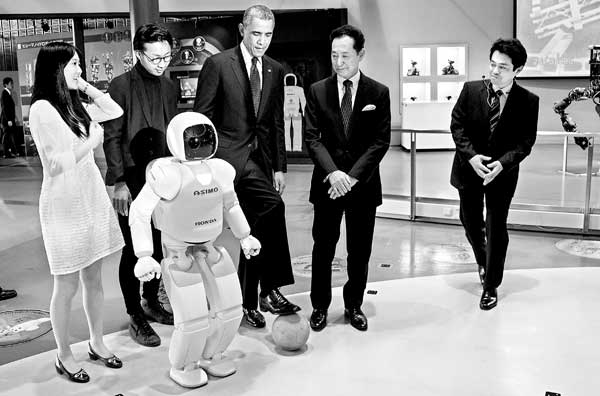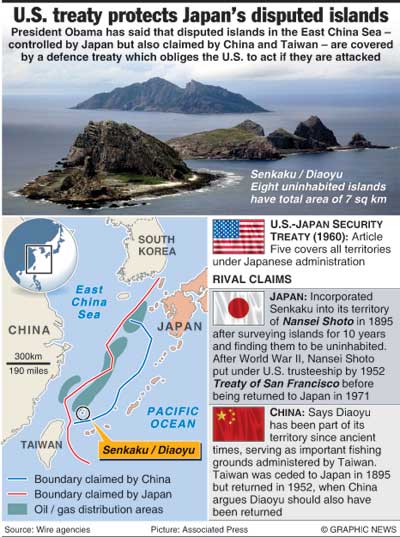Reply To:
Name - Reply Comment
Last Updated : 2024-05-10 19:01:00
.jpg) Economic warfare can be as deadly as nuclear warfare. It can kill thousands if not millions. A decade of economic sanctions imposed on Iraq prior to the United States’ invasion of that country in 2003 caused the deaths of some one million Iraqi people, half of them children. In Iran, Western sanctions kill thousands of patients because Iran cannot buy advanced medical equipment. In Cuba, US sanctions have stunted economic progress and as a result millions of people live in poverty.
Economic warfare can be as deadly as nuclear warfare. It can kill thousands if not millions. A decade of economic sanctions imposed on Iraq prior to the United States’ invasion of that country in 2003 caused the deaths of some one million Iraqi people, half of them children. In Iran, Western sanctions kill thousands of patients because Iran cannot buy advanced medical equipment. In Cuba, US sanctions have stunted economic progress and as a result millions of people live in poverty.
 urgency to rein in the rise of the red power.
urgency to rein in the rise of the red power..jpg) US President Barack Obama’s current visit to Asia has moved the cover slightly to expose the West’s economic warfare against China. Obama’s Asia trip that is taking him to Japan, South Korea, Malaysia and the Philippines appears to be China-focused and a part of Washington’s new containment policy
US President Barack Obama’s current visit to Asia has moved the cover slightly to expose the West’s economic warfare against China. Obama’s Asia trip that is taking him to Japan, South Korea, Malaysia and the Philippines appears to be China-focused and a part of Washington’s new containment policy
Add comment
Comments will be edited (grammar, spelling and slang) and authorized at the discretion of Daily Mirror online. The website also has the right not to publish selected comments.
Reply To:
Name - Reply Comment
US authorities are currently reviewing the manifest of every cargo aboard MV
On March 26, a couple arriving from Thailand was arrested with 88 live animal
According to villagers from Naula-Moragolla out of 105 families 80 can afford
Is the situation in Sri Lanka so grim that locals harbour hope that they coul
10 May 2024
10 May 2024

22 minute ago
09 May 2024
09 May 2024